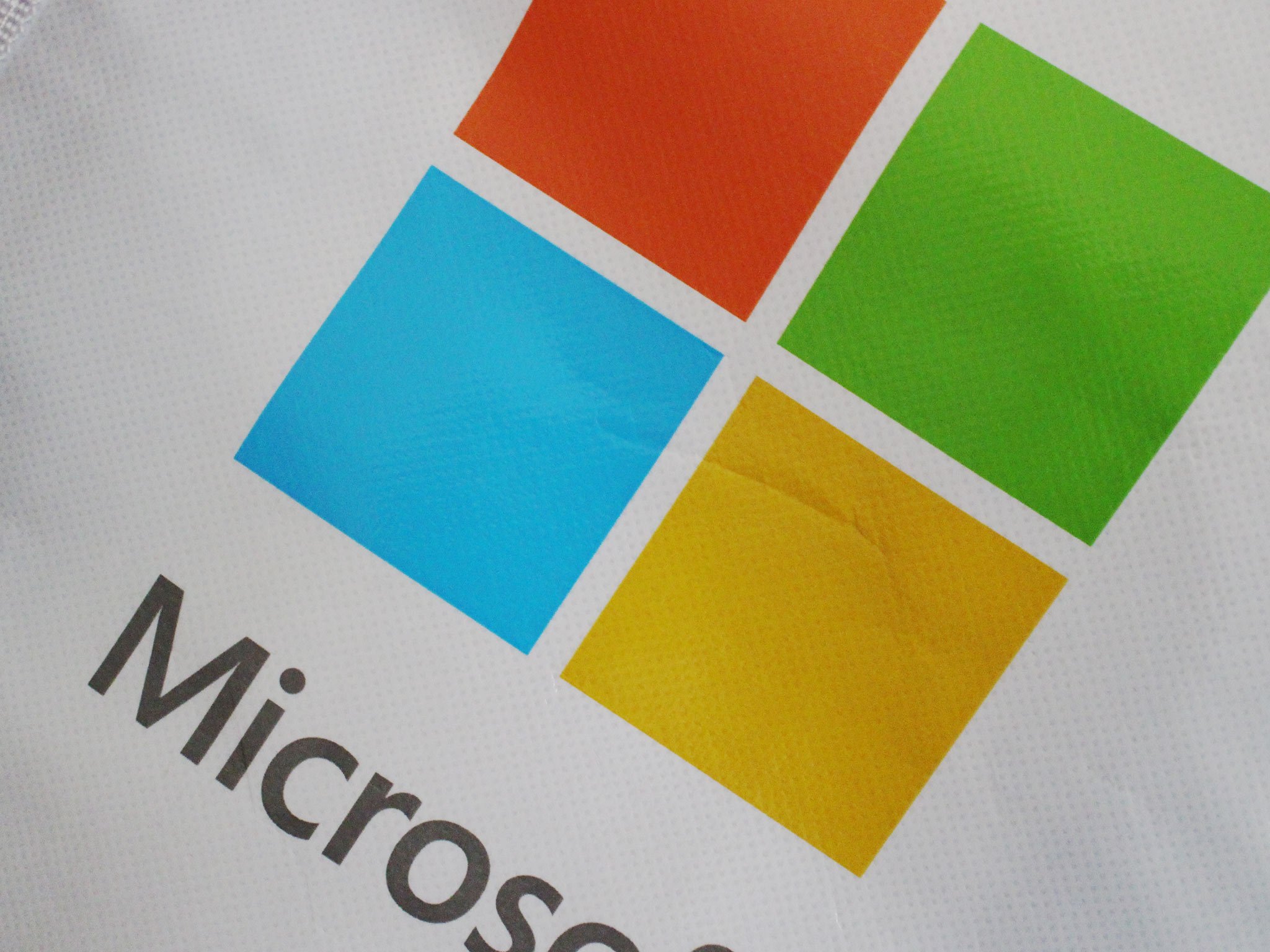Microsoft's secret list of Android patents revealed by Chinese government

All the latest news, reviews, and guides for Windows and Xbox diehards.
You are now subscribed
Your newsletter sign-up was successful
Although Microsoft has a licensing agreement that cover over 70 percent of all Android devices sold in the US, the exact nature of the patents utilised by the Android ecosystem wasn't divulged, until now. As part of the regulatory sign-off of Microsoft's Nokia acquisition, China's Ministry of Commerce (MOFCOM) has published a list of 310 patents that highlight the technologies that Microsoft collects royalties on.
The Chinese agency found that 73 of the 310 patents were standard-essential, along with 127 patents that Microsoft claims are implemented in Android. The list also contains 110 non-standard essential patents along with the patents that Microsoft acquired during the Rockstar auction. MOFCOM launched the investigation to determine whether Microsoft would use its patent portfolio to gain an uncompetitive atmosphere following the closure of the Nokia deal.
It is estimated that the Microsoft nets around $1 to $2 billion in revenues from Android licensing agreements with several manufacturers, and that number is likely to grow by a large margin considering the growth of Android in emerging markets.
It is interesting that the list was discovered on the Chinese language version of MOFCOM, considering the English language site made no mention of the patent lists. Microsoft has come under criticism over the last few years for the way it handles patent litigation, which was highlighted in the Barnes & Noble case.
Microsoft has since been more forthcoming in revealing its patent portfolio, and has created a page that allows you to view and search all patents owned by the Redmond based organisation. However, the list does not indicate which particular patents are infringed by Android, which is why the list published by MOFCOM is significant.
To take a look at all the patents, click here to download the Word document.
Source: MOFCOM; Via: Ars Technica
All the latest news, reviews, and guides for Windows and Xbox diehards.

Harish Jonnalagadda is a Senior Editor overseeing Asia for Android Central, Windows Central's sister site. When not reviewing phones, he's testing PC hardware, including video cards, motherboards, gaming accessories, and keyboards.
